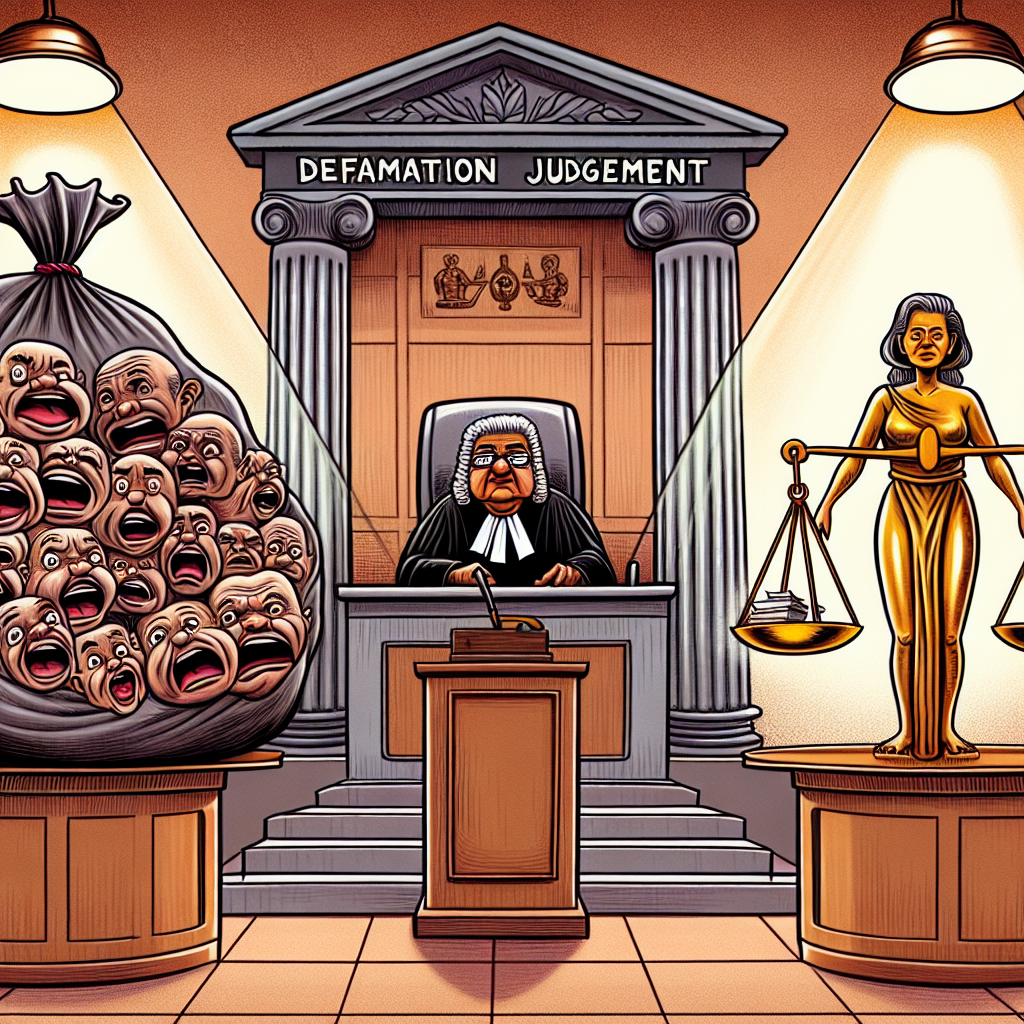Supreme Court's Landmark Verdict on Child Pornography Redefines Legal Terminology
The Supreme Court's judgment that watching and downloading child pornography are offenses under the POCSO Act is set to have a significant, global impact on society and child rights. The verdict promotes reframing 'child pornography' as 'child sexually abusive and exploitative material', urging comprehensive legal changes.

- Country:
- India
The Supreme Court's recent judgment categorizes the acts of watching and downloading child pornography as punishable offenses under the POCSO Act and IT laws, a decision heralded for its profound societal impact, according to petitioner Bhuwan Ribhu.
Ribhu, also the founder of Just Rights for Children Alliance, emphasized that India's judicial framework has once again set a global precedent in protecting children from these transnational crimes. He highlighted that reframing 'child pornography' to 'child sexually abusive and exploitative material' marks a crucial shift in narrative and legal terminology.
National stakeholders, including NCPCR Chairperson Priyank Kanoongo, have welcomed the ruling. Kanoongo noted that the verdict reinforces the POCSO Act's efficacy and brings forward critical recommendations for a more comprehensive approach to combatting child sexual abuse material.
(With inputs from agencies.)










